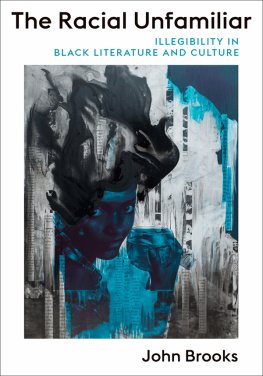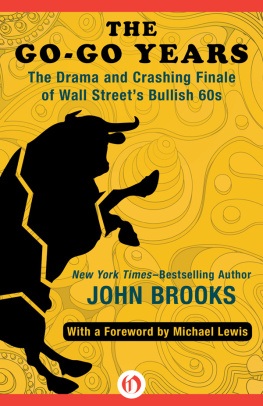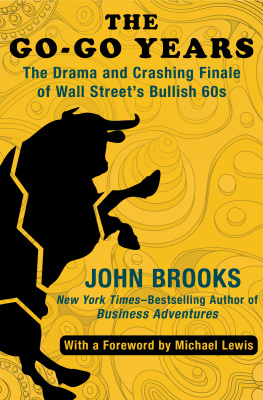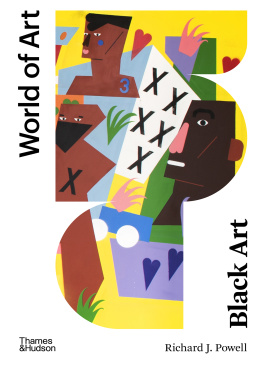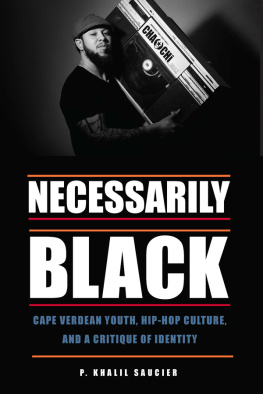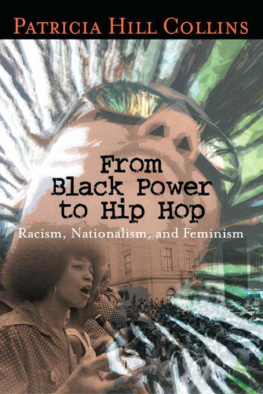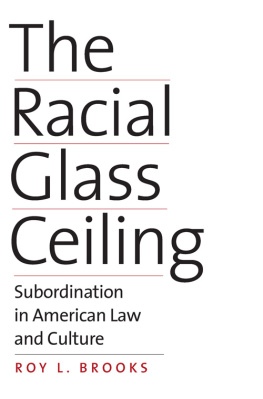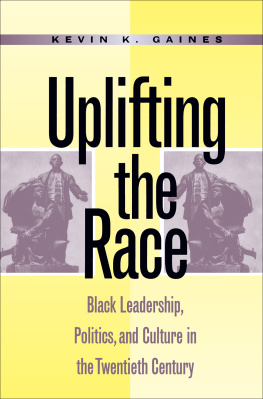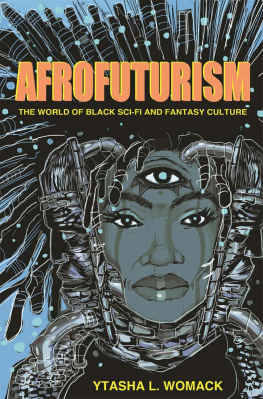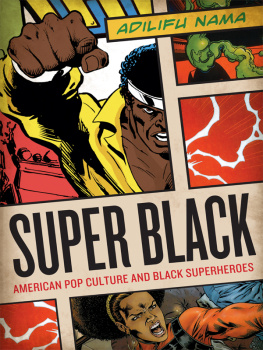Table of Contents
The Racial Unfamiliar
Literature Now
Literature Now
Matthew Hart, David James,
And Rebecca L. Walkowitz,
Series Editors
Literature Now offers a distinct vision of late-twentieth- and early-twenty-first-century literary culture. Addressing contemporary literature and the ways we understand its meaning, the series includes books that are comparative and transnational in scope as well as those that focus on national and regional literary cultures.
Caren Irr, Toward the Geopolitical Novel: U.S. Fiction in the Twenty-First Century
Heather Houser, Ecosickness in Contemporary U.S. Fiction: Environment and Affect
Mrinalini Chakravorty, In Stereotype: South Asia in the Global Literary Imaginary
Hctor Hoyos, Beyond Bolao: The Global Latin American Novel
Rebecca L. Walkowitz, Born Translated: The Contemporary Novel in an Age of World Literature
Carol Jacobs, Sebalds Vision
Sarah Phillips Casteel, Calypso Jews: Jewishness in the Caribbean Literary Imagination
Jeremy Rosen, Minor Characters Have Their Day: Genre and the Contemporary Literary Marketplace
Jesse Matz, Lasting Impressions: The Legacies of Impressionism in Contemporary Culture
Ashley T. Shelden, Unmaking Love: The Contemporary Novel and the Impossibility of Union
Theodore Martin, Contemporary Drift: Genre, Historicism, and the Problem of the Present
Zara Dinnen, The Digital Banal: New Media and American Literature and Culture
Gloria Fisk, Orhan Pamuk and the Good of World Literature
Peter Morey, Islamophobia and the Novel
Sarah Chihaya, Merve Emre, Katherine Hill, and Jill Richards, The Ferrante Letters: An Experiment in Collective Criticism
Christy Wampole, Degenerative Realism: Novel and Nation in Twenty-First-Century France
Heather Houser, Infowhelm: Environmental Art and Literature in an Age of Data
Jessica Pressman, Bookishness: Loving Books in a Digital Age
Sunny Xiang, Tonal Intelligence: The Aesthetics of Asian Inscrutability During the Long Cold War
Thomas Heise, The Gentrification Plot: New York and the Postindustrial Crime Novel
Ellen Jones, Literature in Motion: Translating Multilingualism Across the Americas
Vidyan Ravinthiran, Worlds Woven Together: Essays on Poetry and Poetics
The Racial Unfamiliar
Illegibility in Black Literature
and Culture
John Brooks
Columbia University Press
New York
Columbia University Press
Publishers Since 1893
New YorkChichester, West Sussex
cup.columbia.edu
Copyright 2022 Columbia University Press
All rights reserved
EISBN 978-0-231-55580-7
Library of Congress Cataloging-in-Publication Data
Names: Brooks, John, 1989 author.
Title: The racial unfamiliar : illegibility in Black literature and culture / John Brooks.
Description: New York : Columbia University Press, 2022. | Series: Literature now |
Includes bibliographical references and index.
Identifiers: LCCN 2021057279 (print) | LCCN 2021057280 (ebook) | ISBN 9780231205023
(hardback) | ISBN 9780231205030 (trade paperback) | ISBN 9780231555807 (ebook)
Subjects: LCSH: American literatureAfrican American authorsHistory and criticism. |
African American art21st century. | African AmericansRace identity. | Race in literature. |
Race in art. | African Americans in literature. | African Americans in art. | African Americans
Intellectual life21st century. | LCGFT: Literary criticism.
Classification: LCC PS153.B53 B76 2022 (print) | LCC PS153.B53 (ebook) |
DDC 810.9/896073dc23/eng/20211228
LC record available at https://lccn.loc.gov/2021057279
LC ebook record available at https://lccn.loc.gov/2021057280
A Columbia University Press E-book.
CUP would be pleased to hear about your reading experience with this e-book at .
Cover design: Milenda Nan Ok Lee
Cover art: Lorna Simpson, Black and Ice (2017) Lorna Simpson.
Courtesy of the artist and Hauser & Wirth.
For Laura
Contents
Introduction
Encountering Illegibility: The Enactment of Critical Blackness
Chapter One
Picturing Blackness in the Photography of Roy DeCarava
Chapter Two
A Muse for Blackness: Kara Walkers Outlaw Rebel Vision
Chapter Three
Antiessentialist Form: The Bebop Effect of Percival Everetts Erasure
Chapter Four
Beyond Satire: The Humor of Incongruity in Paul Beattys The Sellout
Chapter Five
The Politics of Inertia: Temporal Distortion in Suzan-Lori Parkss 100 Plays for the First Hundred Days
Chapter Six
Heretical Poetics in Robin Coste Lewiss The Voyage of the Sable Venus 189
Afterword
Critical Blackness in Contexts
I could not have written this book without Shane Vogels guidance and encouragement. When I began writing, I was trying to think through Percival Everetts allusions to bebop jazz, as well as the rich possibilities that bebop offers as a broader performance sensibility. Shanes insights proved to be invaluable. I am particularly indebted to him for introducing me to the analytical framework of performance studies, which came to inform every page of this book. He has been exceedingly generous with his advice and exceptionally patient with my work, and I am certain that his mentorship inspired the best parts of this project.
I also owe endless gratitude to Stephanie Li. She offered me many productive insights, including pivotal advice about my own subject position as a researcher and author. I appreciate her excitement about this work and her stewardship throughout my writing process, especially in terms of my engagement with Black feminist theory. Walton Muyumba and Paul Anderson were also vital to the completion of the project. They correctly told me not to write a book about jazz but, rather, to think about the possibilities that jazz promises and manifests. I am grateful for their brilliance, patience, and guidance.
While writing The Racial Unfamiliar, I was fortunate to receive generous support from many sources. I wish to thank Brian Gareau and Elizabeth Shlala, as well as the Morrissey College of Arts and Sciences at Boston College, for providing valuable assistance and encouragement. A significant portion of this book was written while I was a postdoctoral fellow at the Fox Center for Humanistic Inquiry at Emory University. I am in debt to the programs administrators, including its directors, Walter S. Melion and Keith Anthony; its coordinators, Amy Ebril and Colette Barlow; and the other fellows who participated in weekly workshops and thinking sessions. These include Julie Miller, who has become a great friend, and Tonio Andrade, Elizabeth Carson Pastan, Beretta E. Smith-Shomade, Javier Villa-Flores, Erin C. Tarver, Ryan Carr, Donohon Abdugafurova, Ryan Kendall, and Michael Patrick Vaughn. My research was also assisted by the generosity of the Albert Wertheim fellowship at Indiana University, for which I have Theodore S. Widlanski and Martha Jacobs to thank. Their ongoing dedication to the intellectual community of Indiana University is inspiring. And years before I first set foot in Bloomington, the McNair Program at Central Michigan University provided me with significant support. Lynn Curry and Maureen Harkeas well as my fellow McNair scholarshave my gratitude.

